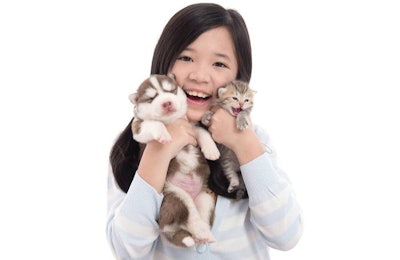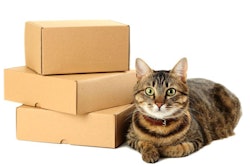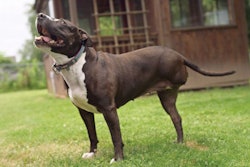
Hong Kong, China's gateway to the west, has recently lifted its mandatory COVID-19 quarantines for international travelers and relaxed other social-distancing restrictions enough to inspire guarded optimism that markets can start to recover, including that for pet food.
China's “Zero-COVID” policy has brought Hong Kong businesses, especially small ones, to their knees as expatriates and citizens left in droves, with or without their pets, resulting in an unsteady market for pet food in the last two years.
A market report by the United States Department of Agriculture's Foreign Agricultural Service (FAS) noted that Hong Kong's global pet food imports in the first quarter of 2022 decreased by 9% to $34 million compared to the same period in 2021. It's a downward trend that was also seen in 2021 when Hong Kong's global pet food imports slowed 11% to $152 million.
However, in the first quarter of 2022, Hong Kong's pet food re-exports dropped and retained more of its pet food imports by 38% to $26 million, the FAS said, most likely for its own domestic sales and consumption. Hong Kong usually re-exports its imported pet food to mainland China and Macau. In 2021, Hong Kong re-exported $56 million (or 37% of gross imports) to other markets and retained $96 million (or 63% of gross imports) for domestic consumption, the FAS said.
Known as Asia's World City, Hong Kong is actually a global hub for commerce and its reopening is expected to reawaken demand for imported pet food as it doesn't have any local production. Dog and cat food account for 99% of all pet food domestic sales which reached $633 million last year ($306 million for dog food and $327 million for cat food) despite a pandemic-weakened economy. Hong Kong's consumer spending on premium pet food is expected to continue growing steadily, with sales poised to reach $667 million this year and grow to $844 million by 2026, the FAS said.
In 2021, Hong Kong was the 13th largest market for U.S. pet food exports and a hub for pet food trade to the region. Here, American pet food makers have a solid 29% share of the market. The rest of the imported pet food market are shared by brands from Thailand, Japan, Canada and Taiwan.
















